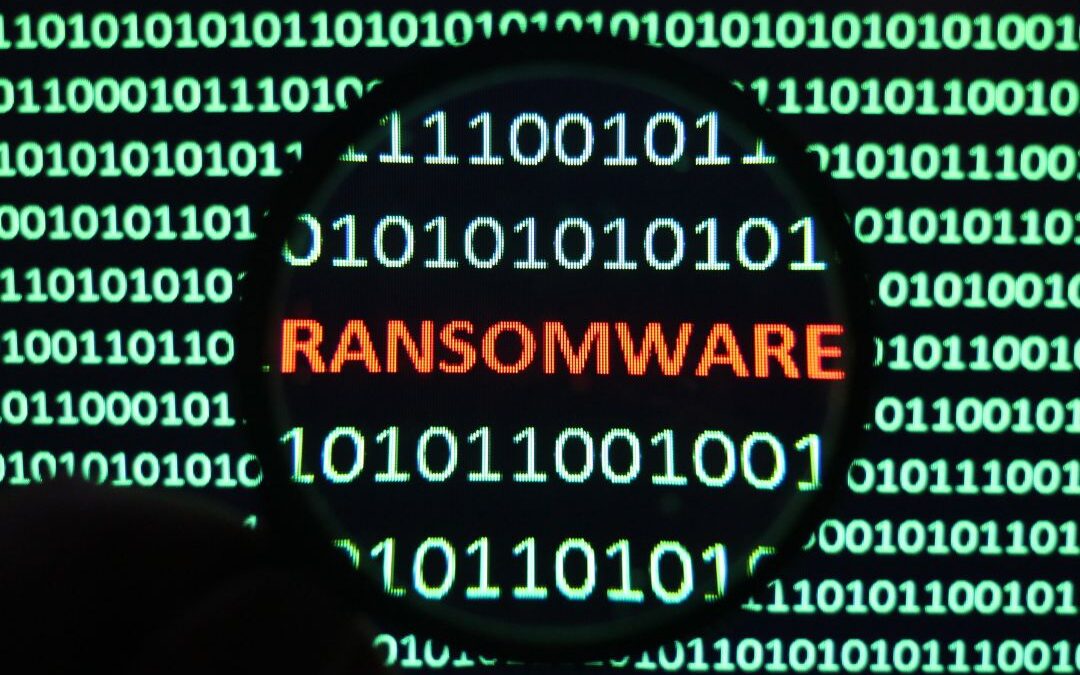Ransomware is an escalating threat that can disrupt businesses of all sizes, but small and medium-sized businesses (SMBs) in Northeast Ohio are particularly vulnerable. The potential for significant operational disruptions and financial losses makes understanding and preventing ransomware attacks crucial. In this blog post, we’ll explain what ransomware is, how it works, and what steps SMBs in Northeast Ohio can take to safeguard their operations.
What is Ransomware?
Ransomware is a type of malware that encrypts a victim’s files or locks them out of their systems, demanding a ransom for the decryption key or system access. This malicious software can bring businesses to a standstill, causing loss of data, revenue, and customer trust.
How Does Ransomware Work?
Ransomware often spreads through phishing emails, malicious attachments, or compromised websites. Once the malware infiltrates a device, it quickly encrypts critical files and displays a ransom note demanding payment, usually in cryptocurrency like Bitcoin, for the decryption key.
There are two main types of ransomware that SMBs should be aware of:
- Encrypting Ransomware: Encrypts files, making them inaccessible until the ransom is paid.
- Locker Ransomware: Locks users out of their systems, displaying a ransom demand to unlock the device.
Real-World Ransomware Attacks
Several high-profile ransomware attacks highlight the severe impact this malware can have:
- WannaCry: This 2017 attack exploited a vulnerability in Microsoft Windows, affecting businesses worldwide and causing significant operational disruptions.
- Petya/NotPetya: Also in 2017, this attack spread via a compromised software update, affecting many businesses globally. Unlike typical ransomware, NotPetya was designed to cause irreversible damage.
- Colonial Pipeline: In 2021, an attack on this major U.S. fuel pipeline operator led to widespread fuel shortages, underscoring the critical nature of ransomware threats.
Protecting Your Business Against Ransomware
For SMBs in Northeast Ohio, protecting against ransomware requires a proactive and multifaceted approach:
- Regular Backups: Regularly back up important data and store it offline to ensure it’s safe from ransomware attacks.
- Security Software: Invest in reputable antivirus and anti-malware software, and keep it up-to-date to protect against the latest threats.
- Software Updates: Regularly update all operating systems and software to patch known vulnerabilities.
- Email Vigilance: Train employees to recognize phishing attempts and avoid clicking on suspicious links or attachments.
- Access Controls: Implement strict access controls and use multi-factor authentication (MFA) to minimize the risk of unauthorized access.
What to Do If Infected
If your business falls victim to a ransomware attack:
- Isolate the Infection: Disconnect the affected system from the network to prevent the malware from spreading.
- Report the Attack: Notify law enforcement and relevant authorities, such as the FBI’s Internet Crime Complaint Center (IC3).
- Do Not Pay the Ransom: Paying the ransom does not guarantee data recovery and encourages further criminal activity. Seek professional assistance to explore alternative data recovery options.
Ransomware poses a significant threat to SMBs in Northeast Ohio, but by understanding the risks and implementing strong security measures, you can protect your business. Regularly backing up data, maintaining updated security software, and educating employees on cybersecurity best practices are essential steps in safeguarding your operations.
For more detailed information on ransomware and cybersecurity best practices, consider visiting CISA’s Ransomware Guide and Norton’s Ransomware 101.
If implementing even some of these tips seems like an impossible task, or you don’t know where to start, we’re here for you. We are offering a FREE Security Risk Assessment to see how your business needs protecting. Hackers will do whatever it takes to break into your network. We are here to help! Click here to book your FREE Security Risk Assessment with one of our cybersecurity experts, or call our office at 216-800-7888.
By staying informed and proactive, Northeast Ohio SMBs can defend against ransomware threats and ensure business continuity in an increasingly digital world. Stay safe and secure!
